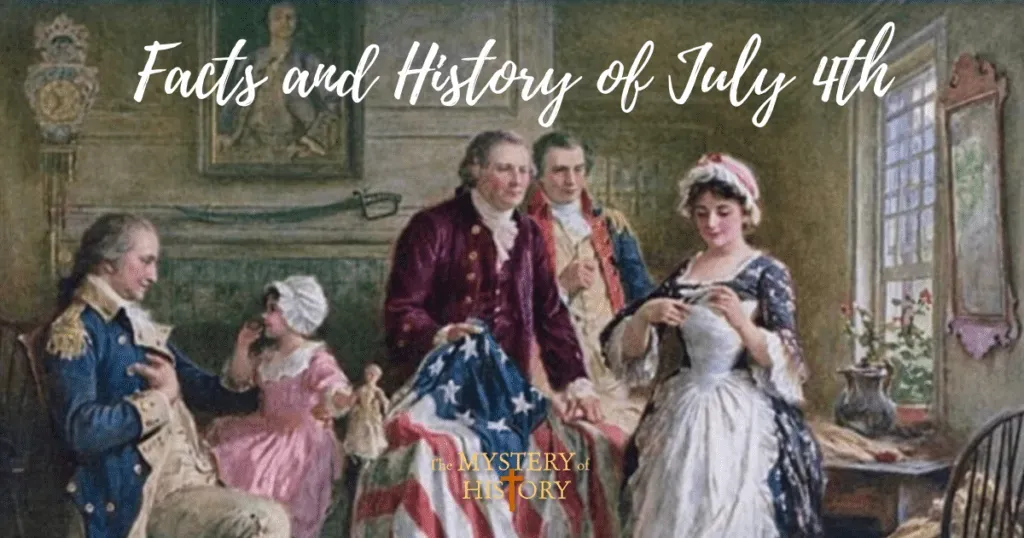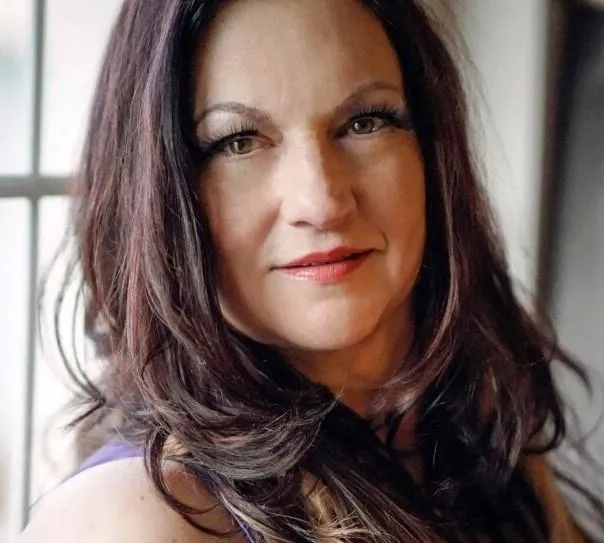Blog

The History of July 4th: More Than Fireworks and Freedom
The History of July 4th: More Than Fireworks and Freedom
Each year, the 4th of July brings vibrant skies filled with fireworks, the mouthwatering aroma of backyard barbecues, and a sea of red, white, and blue. But beyond the festivities lies a powerful story—a story of courage, conviction, and a radical belief in freedom. As we celebrate Independence Day, it's worth pausing to understand why July 4th is such a cornerstone of American identity—and how its spirit of liberation can still inspire us today.
What Actually Happened on July 4, 1776?
On July 4, 1776, the Second Continental Congress officially adopted the Declaration of Independence. It was a bold and dangerous move. By signing this document, the thirteen American colonies declared their separation from Great Britain—a world superpower at the time. It wasn't just about taxes or tea; it was about self-determination.
The Declaration, primarily written by Thomas Jefferson, proclaimed that “all men are created equal” and endowed with unalienable rights, including “life, liberty, and the pursuit of happiness.” These words were revolutionary. They set the foundation for a new kind of nation, one rooted not in monarchy but in the power of the people.
It’s important to note that the actual vote for independence took place on July 2, 1776, and John Adams even believed that date would be remembered in American history. However, July 4th became the day associated with independence because it was the date on the finalized version of the Declaration of Independence.
The Road to Revolution
The years leading up to 1776 were filled with tension. The colonies were increasingly frustrated with British rule—especially the lack of representation in Parliament. "No taxation without representation" became a rallying cry after a series of taxes and laws were imposed by the British Crown, including the Stamp Act, the Townshend Acts, and the infamous Tea Act.
Protests escalated. Pamphlets were printed. Tea was thrown into the Boston Harbor. Ordinary people began speaking up, pushing back against the idea that they had to accept the world as it was.
In many ways, the American Revolution was not just a war fought with guns and cannons—it was a war of ideas. The founding fathers and mothers believed they deserved a voice. That they had worth. That they could shape their own destiny.
And that belief changed everything.
A Celebration from the Start
Independence Day wasn’t just a date on a document—it became a reason to celebrate. Even during the American Revolution, people marked the anniversary with bonfires, music, parades, and public readings of the Declaration of Independence.
After the Revolutionary War, these celebrations grew more widespread. By the 19th century, July 4th had become a patriotic tradition, and in 1870, Congress made it an official federal holiday. Over time, the holiday evolved, blending its historical roots with cultural rituals like fireworks, family gatherings, and public displays of unity.
The Untold Voices of Independence
While we honor the courage of the founding fathers, it's also essential to acknowledge the people left out of that original promise of equality—women, Indigenous people, and enslaved Africans were not included in the “all men are created equal” narrative.
Yet many of these individuals fought in the Revolution, contributed to the nation’s growth, and continued pushing America to live up to its ideals. Abolitionists, suffragettes, civil rights leaders, and modern-day advocates have all carried the torch of liberty forward.
Understanding July 4th in this broader light deepens its meaning. It reminds us that freedom is not a finished project—it’s a legacy we’re still shaping today.
What Independence Means Now
For many of us, Independence Day is more than a history lesson—it's a moment to reflect on personal and collective empowerment.
As a photographer and coach, I often think about what freedom looks like on an individual level. It's the ability to express yourself, to walk in confidence, to take up space without apology. It's choosing authenticity over perfection, self-love over self-doubt.
So while you’re lighting a sparkler this July 4th, consider also lighting a spark within yourself.
What are you declaring independence from this year?
Maybe it's body shame, fear of judgment, or limiting beliefs that have kept you small.What kind of life are you fighting to create?
One where your voice is heard, your story matters, and your beauty is undeniable—just as you are.
Let this holiday remind you: just like a group of rebels changed the course of history 248 years ago, you, too, have the power to rewrite the narrative of your life.
Freedom Is an Ongoing Journey
Independence Day isn’t about perfection—it’s about progress. The Declaration of Independence was a beginning, not an end. It lit a fire that continues to burn in the hearts of those who seek justice, equality, and the right to live fully and freely.
But freedom is not something we can take for granted. In times when our rights—personal, civil, and bodily—are questioned or at risk, it’s more important than ever to stay strong, informed, and vocal. The true spirit of independence means staying vigilant, not only for ourselves but for our communities. It means standing up for equality, inclusion, and the right for all people to feel safe, seen, and empowered.
As we honor July 4th, may we not only remember the revolutionaries of the past—but become revolutionaries for our future. Whether you're stepping into your first boudoir session, standing tall in your truth, or helping others find their light, know that your courage continues the story of independence.
Because you are worth celebrating—and so is the right of every person to live with dignity, confidence, and freedom.
“Love yourself first so you know what you deserve”
-UNKNOWN
KRISLEEN JONES
CEO & Owner Of
Photography By Krisleen
Phone: (719)310-8058

Contact
KRISLEEN JONES
CEO & Owner Of
Photography By Krisleen
Phone: (719)310-8058



